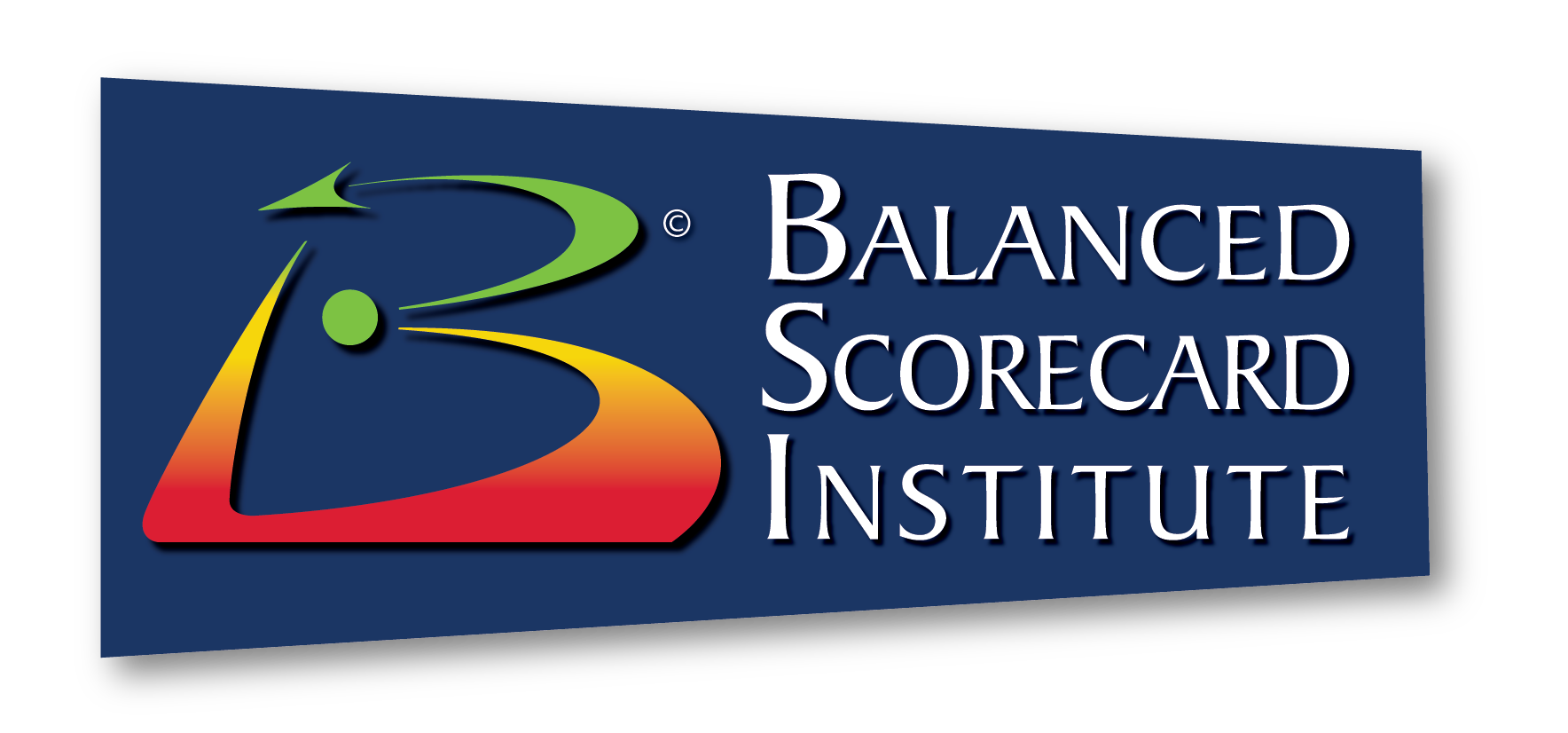What Should You STOP Doing?
Ask the Right Questions
We are into 2011 and the economy is still in “transition.” Most executives are cautiously optimistic that economic challenges are being overcome and are thinking about strategies to recover, recapture and rebuild. Many stalled initiatives are being funded and gaining traction.
But are those re-ignited initiatives the right investments today? What should you be doing? Or, just as important – what should you stop doing?
A recent report from Gartner, Inc. explores the top priorities for organizations today:
Business Priorities
- Business process improvement
- Reducing enterprise costs
- Improving enterprise workforce effectiveness
- Attracting and retaining new customers
- Increasing the use of information / analytics
Technology Priorities
- Business intelligence
- Enterprise applications
- Servers and storage technologies
- Legacy application modernization
- Collaboration technologies
Based on our experience, it is clear many companies have an urgent need to address these priorities in order to position for growth while meeting the relentless demand for cost efficiencies. And they are funding long- delayed initiatives in a valiant effort to take action.
But how do you know for certain your current initiatives are the right initiatives? And how do you know which initiatives should take precedence?
You may need to pause and ask some strategic questions about your organization – to consider if you are still in the same business, serving the same customers, and in the same manner as when you first selected your initiatives.
Here are the five questions you should be asking:
- What has changed in my marketplace or competitive landscape?
- Has the strategic intent and direction of my organization, business unit or department changed?
- How are initiatives being prioritized and governed to ensure informed decisions are being made?
- Are better solutions available now?
- Are there more favorable terms for the same solution now?
A structured approach to selecting and prioritizing initiatives that are in alignment with organizational strategy has been proven to deliver cost savings of 10-15% and productivity increases of 10-20%.
Using a structured framework, companies can effectively align Business and Technology Strategies, provide Governance to select and manage technology-based investments, balance the demand for support and innovation, and optimize IT for the Enterprise.
Industry leaders are capitalizing on this pause in the economy to re-examine their portfolio of initiatives in the context of the organization’s strategic priorities. They have the wisdom to stop, redirect, and rebuild – to implement a framework that will tightly align their IT priorities with their business priorities as they prepare to guide their organizations to future successes.
Bottom line: The game has changed…has your game plan?
About the Author
|
Gregg Fellows |
